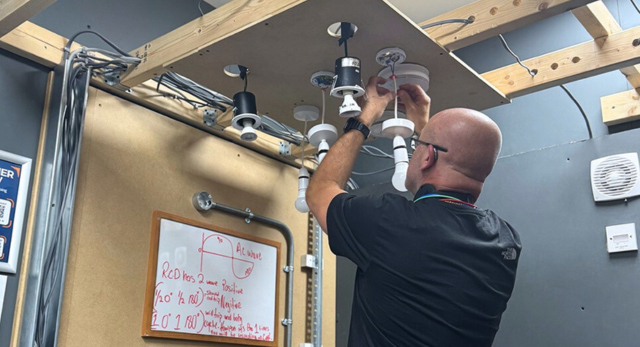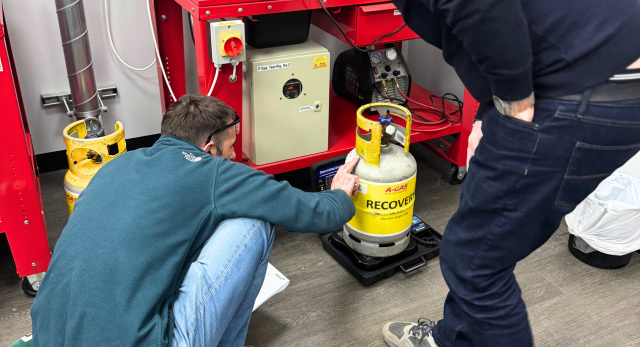The answer is YES! Although many of the other trades are being fuelled with new entrants, coming in from the bottom to replace those who are retiring, it appears that gas engineers are the exception to the rule.
The latest figures produced by Gas Safe Register show that 50% of current engineers are over the age of 55, which means that in the next ten years there will be an increasing shortfall as they start to retire. More worrying still is the fact that only 6% of Gas Safe’s register is made up of qualified engineers under the age of 35.
The average starting wage for a gas engineer in the UK is £32,500, which reflects the high demand for their skills.
The future of gas
Maybe fears for the future of gas are undermining take-up in training, but with over 20 million gas boilers requiring annual maintenance, we’re still going to need an army of skilled gas engineers to keep our existing heating systems in order.
The UK Government has invested heavily in research to replace the natural gas with hydrogen/gas mixes and eventually pure hydrogen so that we can continue to use our current gas distribution network and existing gas appliances.
A study at Keele University has had encouraging results and larger pilot schemes are now running in Leeds and Fife in Scotland where 300 boilers are running successfully on 100% hydrogen.
Boiler manufacturers are taking up the challenge too. Worcester Bosch has developed a boiler that can run on both natural gas and hydrogen, so that with a small readjustment, it will be able to accommodate the switch-over whenever it comes.
The gas industry is already working to produce criteria for existing gas engineers to take on the changeover to Hydrogen, in the same way they currently do LPG. This is all very exciting and offers the promise of secure employment, for those training to work with domestic gas today.
Opportunities to grow
A career in gas engineering can be varied. Once you’ve a few years of working with domestic gas under your belt, there’s the opportunity to diversify into specialist areas such as commercial gas, gas auditing or gas safety (we offer additional training for all of these, please click here for more information).
There’s also potential to make a sideways step into another sector, such as renewables. In fact, the heat pump industry is actively encouraging existing gas engineers to take on training to install heat pumps. Gas engineers possess a range of transferable skills that make them ideal for this type of installation work.
How to I train to be a gas engineer?
Having established that training to be a gas engineer is a future-proof investment, here’s how the training for new entrants breaks down and what you need to do before you can register with Gas Safe and legally work in the sector.
We deliver two LCL Awards Managed Learning Progammes (MLPs), designed for new entrants.
- Domestic Gas Heating Installer (DGHI) – for those with little or no relevant experience or qualifications
- Domestic Gas Heating Installer – Experienced Trades package designed for those with at least 2 years’ professional experience in a related trade, such as plumbing or kitchen fitting.
Both packages offer a mixture of class-room and practical learning and there’s a portfolio element to the course too, where candidates work alongside a professional engineer in a real-life situation to gain live experience.
On completion of the training, candidates will be at the correct-level to undertake Gas ACS training and assessment – a pre-requisite of becoming a Gas Safe Registered engineer.
Click here for more information on becoming and gas engineer and a free downloadable leaflet on careers in the gas sector.
You can also book a place on one of our free introductory sessions.
Finally, to find out what the training courses cost, click here for our price list








